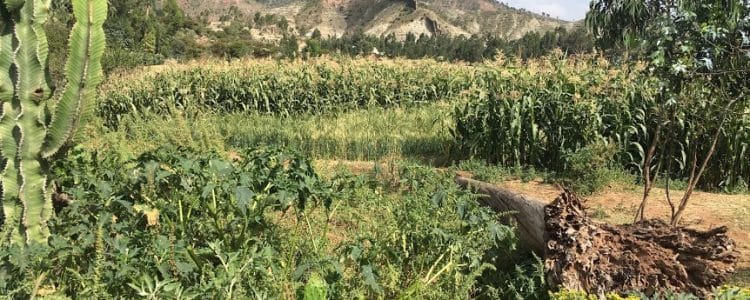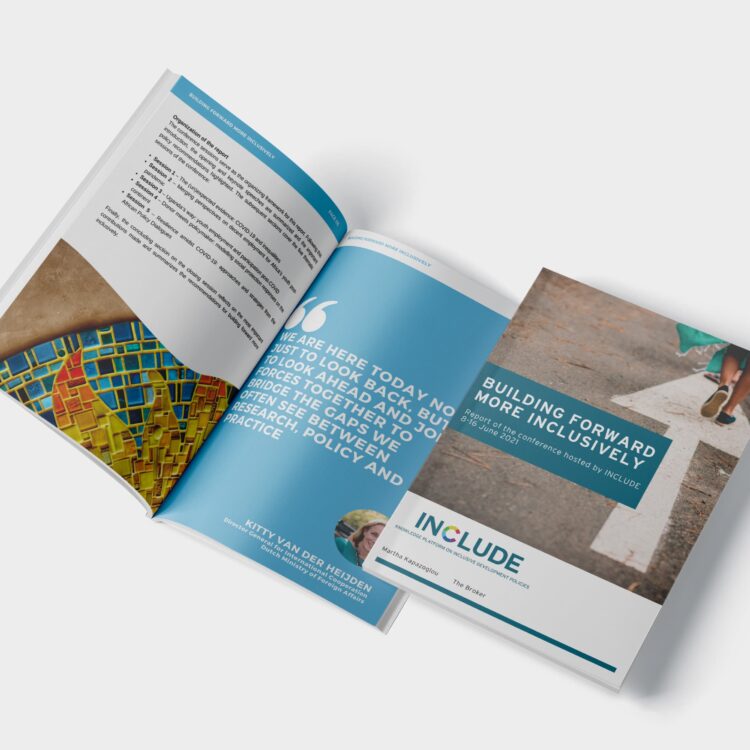
Researchers from Tilburg University and Mekelle University are currently collaborating on a project that aims to investigate the role of civil society organizations (CSOs) in securing sustainable development in Ethiopia. In our first blog post, we looked at restricted civic space and the impact thereof on local CSOs. In this blog post, we discuss some initial findings on the impact of single-issue funding. This project is part of the ‘New Roles of CSOs for Inclusive Development’ Programme, which investigates the assumptions underlying the civil society policy framework ‘Dialogue & Dissent’ of the Dutch Ministry of Foreign Affairs. This research is funded by NWO-WOTRO.
During the empirical phase of our research, we conducted a series of interviews with CSO employees working in Ethiopia to better understand how these organizations adapt under a regulatory regime that has, up until now, radically constrained their funding and activities. While the regulatory regime governing civil society in Ethiopia is about to change with the recently-adopted new civil society law1, various non-regulatory constraints on CSOs remain.
One of those constraints is the considerable impact of ‘single-issue funding’. Single-issue funding includes grants and funding programmes that address problems and concerns in an atomistic and isolated manner. Single-issue funding is particularly problematic for organizations working on complex environmental problems like sustainable development, climate change and food security. Both foreign and local CSOs reported that they have been forced to either shut down or shift their programme focus due to new funder priorities. The organizations we interviewed told us that funding opportunities over the past year or two have been concentrated in the area of migration and displacement. Work on food security and other resilience programmes does not meet the funding requirements for many of these grants.
One organization described receiving funding from a Dutch funder to address crisis relief in Ethiopia. With this funding, the organization established a number of local initiatives focused on food security at the community level. In 2017, the Dutch funder changed the focus of its funding to migration, and the organization no longer qualified for funding. This resulted in a loss of years of built up expertise and good community relations. This is particularly problematic in Ethiopia where CSOs have historically been portrayed as self-serving and unreliable. It also affects the stability and resilience of the communities that had previously benefited from the work of the CSO. Productive and beneficial programmes are forced to either stop or shift their focus, as funding priorities follow the shifting political winds.
This example is particularly worrying from an environmental point of view, as addressing concerns such as food security, sustainable development and climate change – which also may not fall under migration funding – generally require long-term engagement. In addition, an atomistic approach is in direct conflict with funders’ own aims and goals, as addressing environmental threats and ensuring food security are crucial components of addressing unsustainable levels of migration.
A shift in donor focus can also have a significant, and often overlooked, impact on the institutional set-up and human resource situation of a CSO. One organization told us that, despite their extensive expertise in environmental issues, they no longer qualified for many grants. Donor priorities have shifted to migration and the organization has not been able to transfer the expertise it had to a new and different focus area. Another organization described how changes in donor focus have had a serious impact on their financial stability, making it harder for the organization to retain capable and qualified staff.
While repressive regulatory laws have, until recently, constrained the political freedom and space of CSOs in Ethiopia, the capricious priorities of funders can radically limit the operational space of CSOs. Although organizations have found inventive ways to survive and keep doing important work despite political repression, shifting funding priorities jeopardize their sustainability and undermine their efforts.




